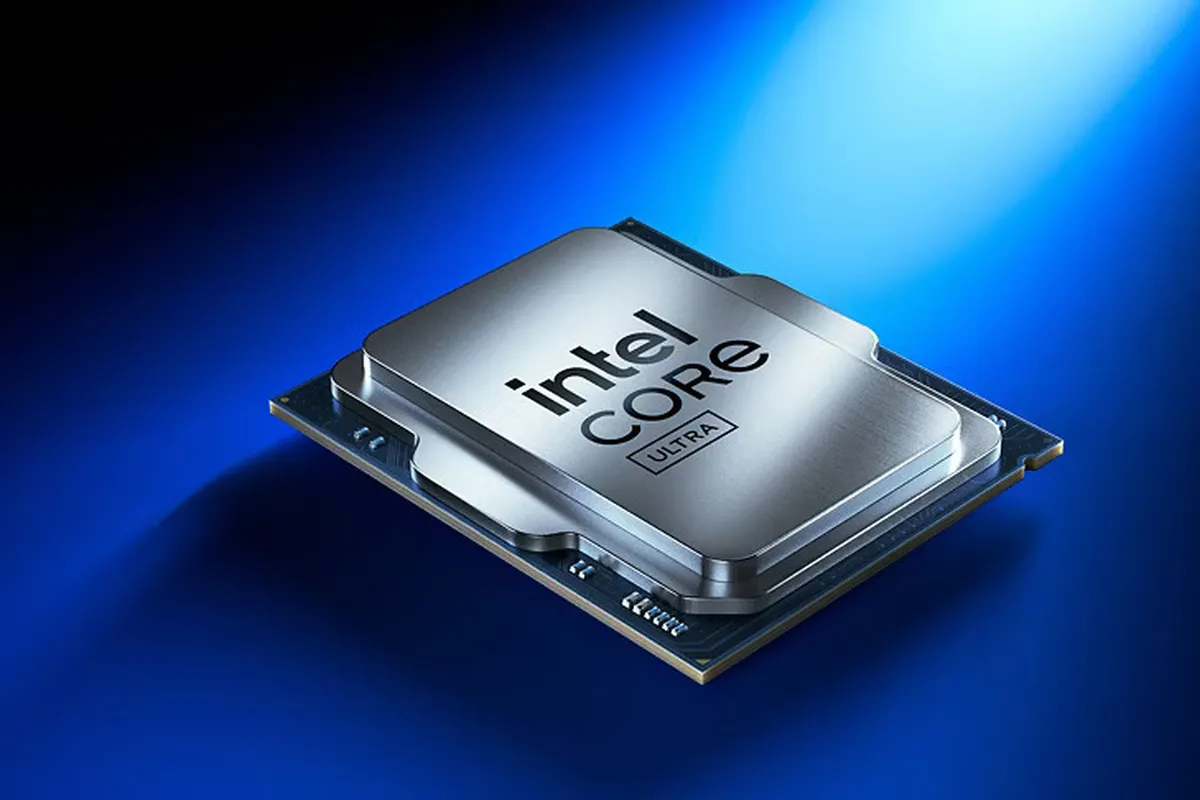
Intel has been working to resolve performance shortcomings identified in its Arrow Lake CPUs, launched in October. Promising high performance with lower power consumption, the CPUs faced criticism for their lackluster gaming performance, with some benchmarks showing the Core Ultra 9 285K underperforming compared to the 14th Gen chips it was meant to replace.
According to Robert Hallock, Intel’s VP and GM of client AI and technical marketing, the company has already rolled out fixes for four key issues. Speaking to HotHardware, Hallock explained, “Fixes for those are actually already in the field right now. They’ve been coming out over the last two weeks or so in drips and drabs, as update schedules allow.” The updates were first highlighted by Tom’s Hardware.
One of the major issues arose from a “mistimed” Windows processor power management (PPM) update. PPM is crucial for adjusting CPU performance according to power plans, such as Balanced or High Performance. The delay in releasing this update caused reviewers to miss its intended optimizations, which in turn prevented Intel’s Application Performance Optimizer (APO) from enhancing gaming performance. Additionally, misconfigured performance settings compounded the problem.
These issues were addressed with a fix included in Windows 11 build 26100.2161. Further, Epic Games resolved a driver compatibility problem linked to Easy Anti-Cheat, which had caused the blue screen of death in games like Star Wars Outlaws.
Intel plans to release another round of performance updates for Arrow Lake CPUs in January, culminating in a comprehensive performance briefing at CES. For now, the company advises users to update their Windows OS and BIOS settings to access the latest improvements.
Intel’s efforts aim to restore confidence in its Arrow Lake lineup and ensure the promised performance gains are realized. Users can expect a final wave of optimizations early next year.
Featured image courtesy of Intel
Follow us for more tech news updates.
